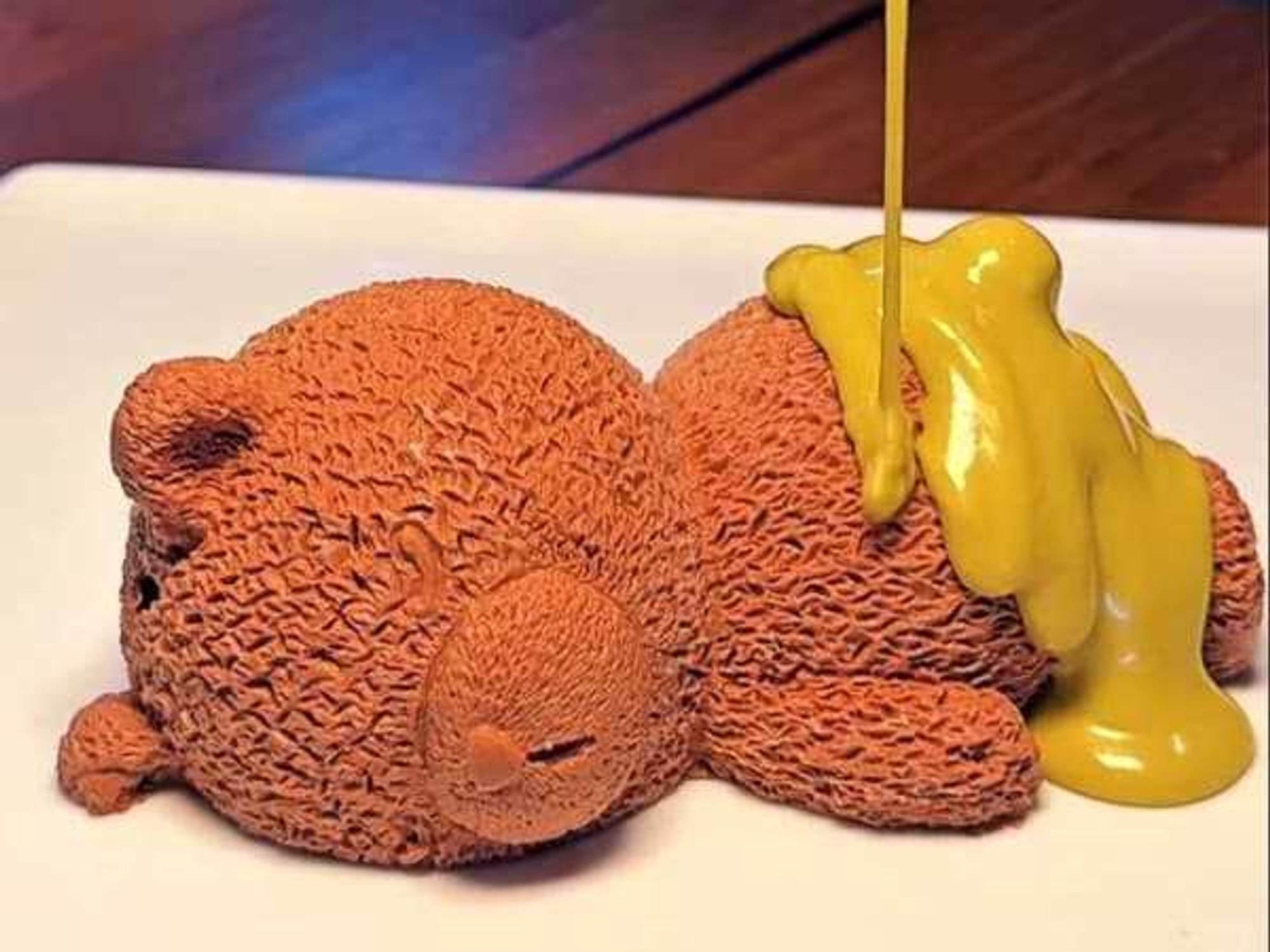Bonton Farms
New market-restaurant brings hope and healthy eats to South Dallas

In some Dallas neighborhoods — think North Dallas, Plano, anywhere north of downtown — it's not unusual to find intersections with competing supermarkets, situated right across the street from each other.
And then you have South Dallas, where some areas don't have markets at all — where the only stores selling food are convenience marts or liquor stores, and where fresh produce for sale is not available at all.
An exciting new venture has opened to fill that need. Called The Market at Bonton Farms, it's a market-restaurant combination that sells fresh produce, meat, and other essentials for home cooking.
The Market opened on November 19 and is an offshoot of Bonton Farms, an urban farm and "agricultural intervention" founded in 2012 by executive director Daron Babcock with a goal to restore health, create jobs, and ignite hope in South Dallas.
The farm started out small, with 1.25 acres. Thanks to generous donations of land from the Treffingers, a local family, the farm now has 40 acres, making it one of the largest urban farms in the Unites States.
They raise vegetables, fruits, eggs, and honey, which they'll sell at the market and also feature in dishes at the restaurant. They also sell to restaurants including Cafe Momentum, another game-changing enterprise that trains at-risk youths in the culinary arts.
Babcock, who previously lived in Frisco before selling his home and moving to the Bonton area, says that the market is a natural follow-up to the farm. "Having an amazing neighborhood market and restaurant attached to the farm is something we've envisioned from the beginning," he says.
Outside of Bonton Farms, the only places to buy food are are two beer and wine stores. The closest grocery stores are more than three miles away. In an impoverished area like Bonton, transportation is a major issue.
"It's a 3-hour bus ride for residents to get to the nearest grocery, so that's reserved for special occasions," Babcock says. "In the interim, they get packaged food at the beer and wine store, but if that's all you eat, your body starts to shut down. Without access to good food, residents' health has suffered, with higher rates of cancer, obesity, stroke, diabetes, heart disease, and early death."
Bonton is an inner-city community with unique challenges that other communities don't share, Babcock says. It's tucked in an isolated area bound by the Trinity River, railroad tracks, and a highway, and there's been no economic development in the area for half a century.
"There are no old buildings you can renovate," he says. "And getting any new construction has been a long time coming. The area hasn't had a single place where people can sit down and share a meal together, and there's been no fresh food available."
To help get the cafe rolling, they hired chef Justin Box and sous chef Mike Noyes to get a menu in place and train the staff.
The menu will be driven by what's in season. Cuisine-wise, they want to serve food that the locals will embrace but also expand their palate. "So it will include foods that are core to our community but also explore new foods from around the world," Babcock says.
Dishes include green tomato sandwich with house-made pimento and upland cress, served on sourdough bread from The Commissary; red beans and rice with fried chicharrones; a butter lettuce salad with goat cheese, pepitas, and dried cherries; and "fish and greens," with cornmeal breaded catfish, braised collards, smoked ham hock, burnt lemon, and sweet-and-sour pickled seasonal vegetables.
The market is open 7 days a week, from 7 am-7 pm Monday-Saturday and 12-6 pm Sundays. The restaurant is open for breakfast and lunch Monday-Saturday from 7 am-2 pm. Evenings, they'll host health and wellness programs for the community. They also offer opportunities both to volunteer your time or donate funds.
"We envision a beautiful place where people can share a meal together and also a place where people and families can shop for food and ultimately have an impact on the terrible health statistics," Babcock says.
They also want to serve as a positive example of what can be done in South Dallas.
"The mayor has urged developers to build and develop economy in South Dallas," he says. "But almost all of those conversations, developers push back by protesting that we lack skilled labor and it's not safe to do business in South Dallas. It's really important for us that we excel, to prove that people can do excellent work, and that people have skills and talents that are worth investing in. Hopefully this can impact and change our community and show that it's not as bad as our reputation, and that people will rise to whatever the level of expectations."
